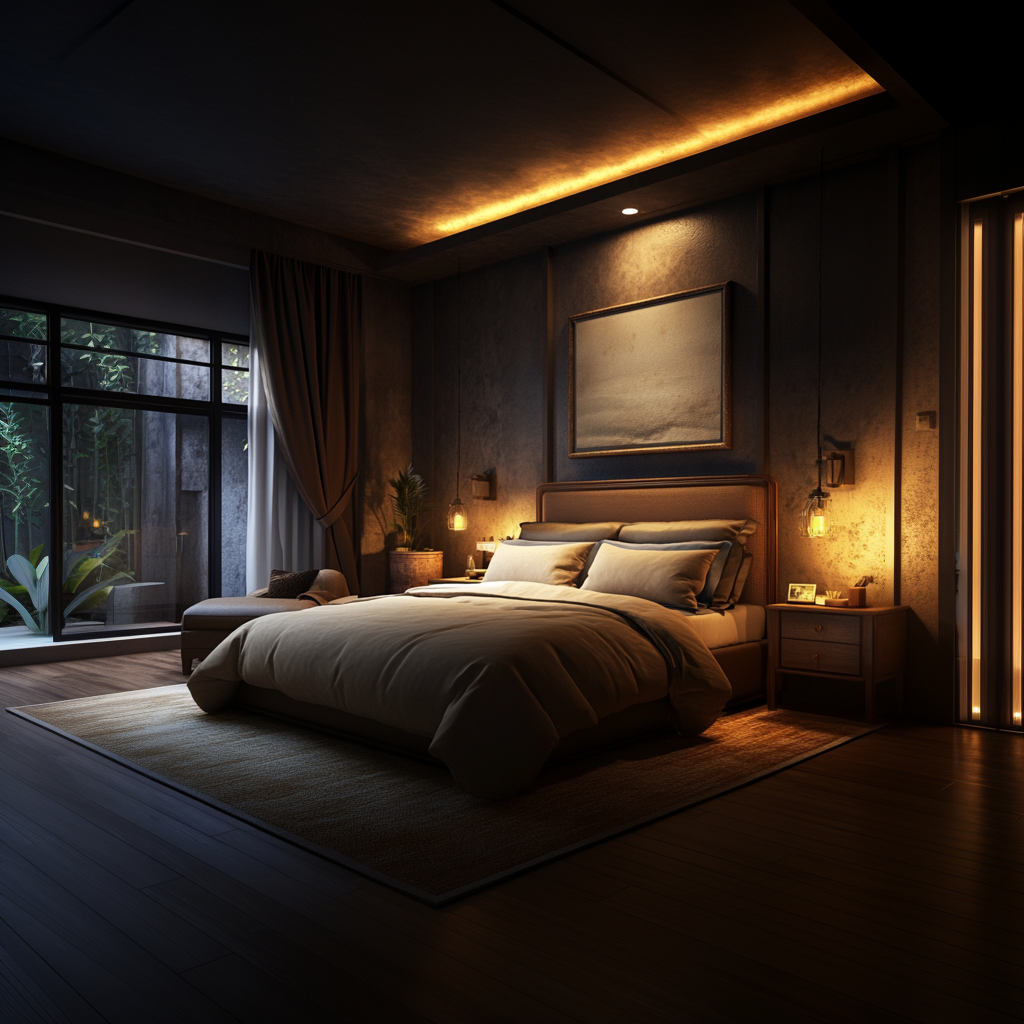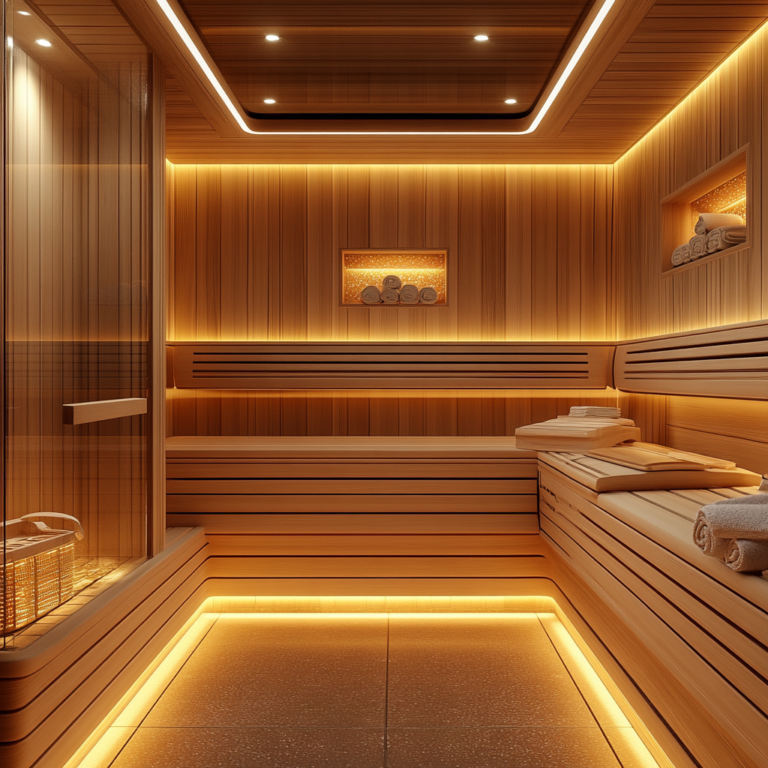
Restful Nights: Tips for Better Sleep as You Age
As we age, sleep can become more elusive. If you’ve found yourself waking up earlier, struggling to fall asleep, or experiencing more restless nights, you’re not alone. While these changes are common, they don’t have to become the norm. There are plenty of ways to improve your sleep and feel rested and energized.
Today, we’ll cover three key areas to help you achieve better sleep…
If you want to learn more, Here are some good links 🔗

Understanding Your Sleep Needs
As we age, the amount of sleep we need may change. There’s no one-size-fits-all answer to how much sleep is “enough,” as everyone’s needs can vary. However, experts generally recommend adults get between 7 to 9 hours of sleep each night. If you find yourself needing fewer hours but still feel refreshed and energized, that might be perfectly fine for your body.
That said, if you’re feeling rundown due to sleep deprivation, it’s time to look at how you can get better rest. It’s important to listen to your body and adjust your routine to meet your specific needs. The goal is to wake up feeling rested and ready to take on the day.
Creating a Restful Sleep Environment
To improve your sleep, creating a calm and consistent bedtime routine is key. Going to bed and waking up at the same time each day helps regulate your body’s internal clock. Try unwinding with a warm bath an hour before bed, as the drop in body temperature can promote relaxation. Also, avoid screens during this time; the blue light from phones and TVs can interfere with your body’s sleep signals.
Your bedroom should be a dedicated sleep space. If you’re awake for more than 20 minutes after lying down, get up and do something relaxing until you feel tired. Additionally, avoid napping late in the day, as it can interfere with your nighttime rest. Reducing fluid intake before bed also helps, as frequent bathroom trips can disrupt sleep. With these small changes, your environment can support a more restful night.
Identifying and Managing Sleep Disruptors
Sleep difficulties can sometimes stem from underlying medical conditions like arthritis, sleep apnea, or restless legs syndrome. If you suspect a health issue is affecting your sleep, talk to your doctor for treatment options. Additionally, certain medications can disrupt sleep, so consult with your healthcare provider if you think your prescriptions are interfering.
Stress from life changes like retirement, loss, or financial issues can also keep you up at night. Managing stress through relaxation techniques, therapy, or talking to loved ones can help ease this. Lastly, a lack of physical or mental activity can affect your sleep cycle, especially after retirement. Staying engaged with activities, whether through exercise or social connections, can help ensure better sleep at night.

As we age, sleep patterns often shift, but that doesn’t mean a restful night is out of reach. By understanding your sleep needs, creating a sleep-friendly environment, and addressing any potential disruptors, you can improve your rest and wake up feeling refreshed. If sleep problems persist, don’t hesitate to consult with your doctor to rule out any underlying conditions or medications that could be interfering with your sleep.
Sleep is vital for your health and well-being, so make it a priority. You deserve the restorative rest that will help you live a vibrant and energized life!
Best Regards: BEVOHO






